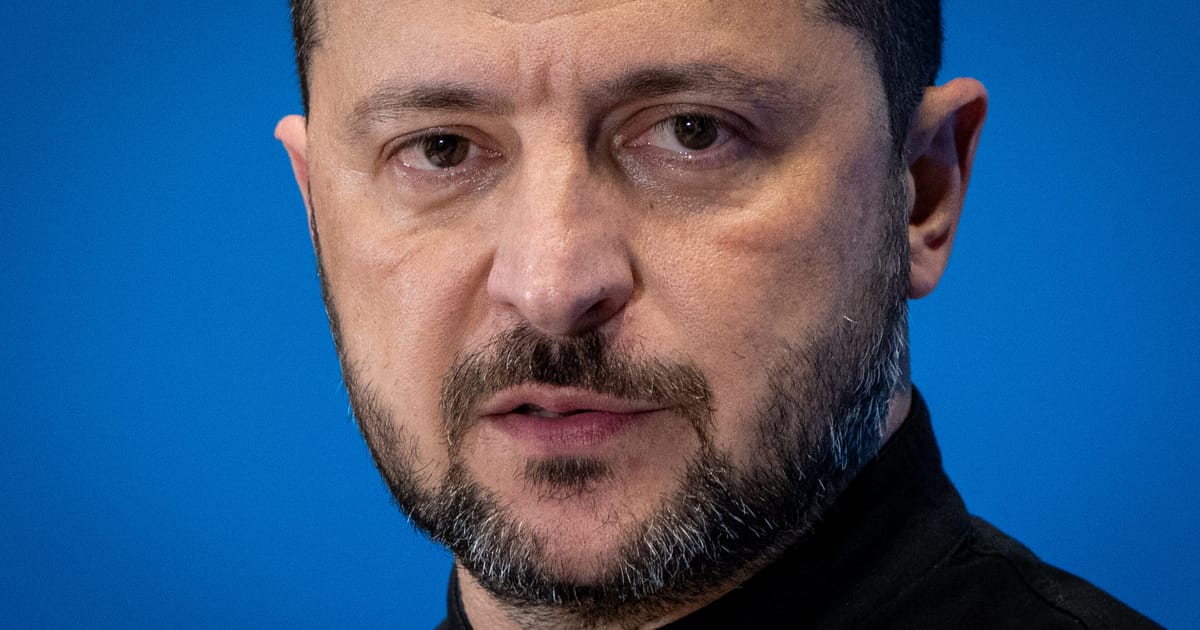

In recent international news, a collection of significant events has unfolded, bringing to light important issues in different regions of the world. This article aims to provide a calm and comprehensive understanding of these developments, offering insights into the unfolding narratives while maintaining a balanced and mindful perspective.
In Ukraine, an extensive corruption scheme within the country’s defense procurement sector has come to light, just days after the independence of Ukraine’s anti-corruption bodies was reinstated. This move signals a robust effort by the Ukrainian government to address long-standing issues and renew commitment to transparency. The initiative is expected to bolster public confidence and international support for Ukraine’s ongoing reform efforts.
Across the Atlantic, the Republican Party in the United States is witnessing a pivotal moment as two factions within the party vie for dominance. This weekend’s Young Republican National Convention will serve as the battleground for these opposing viewpoints, each claiming true allegiance to the “Make America Great Again” (MAGA) ideals. This internal dynamic highlights the evolving landscape of American politics and its potential implications for future elections.
Meanwhile, in the Middle East, tensions have arisen following an incident involving the Israeli far-right minister, Itamar Ben-Gvir, at the al-Aqsa mosque. This visit, seen as a breach of long-standing ‘status quo’ arrangements, has drawn considerable ire and has been perceived as exacerbating the already heightened sensitivities in the region. In parallel, the Israeli Defense Forces have conducted operations in southern Syria, aimed at dismantling weapon trafficking networks, further illustrating the region’s enduring complexities.
The ongoing conflict in Gaza continues to draw international attention. The situation has become more dire as a humanitarian crisis unfolds, exacerbated by blockades and conflict-related constraints. The family of an Israeli hostage held by Hamas has expressed grave concerns following the release of distressing video footage. In the video, the hostage pleads with Israeli Prime Minister Benjamin Netanyahu for a ceasefire, illustrating the human cost of the prolonged conflict.
Hamas recently issued a statement reinforcing its stance that disarmament will not occur until the establishment of an independent Palestinian state. This assertion is pivotal, as it remains a significant sticking point in peace negotiations. Concurrently, violence at aid distribution sites continues to tragically impact civilians, with recent reports indicating several fatalities linked to conflict-related incidents. These developments underscore the urgent need for a comprehensive peace strategy.
Further compounding the humanitarian crisis, hospitals in Gaza report increasing deaths connected to malnutrition, a heartbreaking consequence of ongoing resource shortages. In light of these reports, international bodies, including the United Nations, are calling for enhanced humanitarian aid accessibility to alleviate the dire conditions faced by the population.
In a related development, a report by Action on Armed Violence highlights that a staggering 88% of cases involving alleged war crimes or abuses by Israeli forces have been closed without charges. This revelation raises concerns about accountability and justice in conflict zones and sparks calls for heightened scrutiny and reform within military oversight mechanisms.
Amidst these geopolitical developments, discussions surrounding peace and resolution remain of paramount importance. The international community faces the challenge of navigating these complex situations with diplomacy, empathy, and a steadfast commitment to human rights and sustainable peace. As these stories continue to evolve, they remind us of the intricate and interconnected nature of global affairs and the pressing need for mindful engagement and dialogue.
Source: {link}
